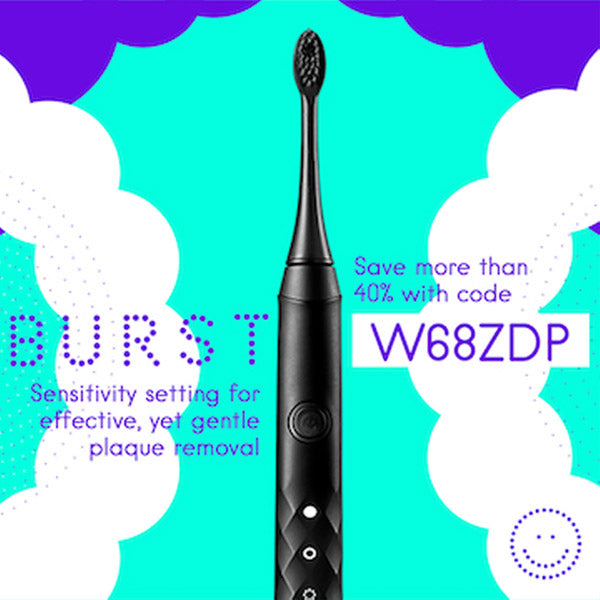Link Between Periodontal Disease & Pancreatic cancer
In 2007, Harvard School of Public Health released information about a study linking Pancreatic Cancer and Periodontal Disease. It stated, "The results showed that, after adjusting for age, smoking, diabetes, body mass index and a number of other factors, men with periodontal disease had a 63% higher risk of developing pancreatic cancer compared to those reporting no periodontal disease. Most convincing was our finding that never-smokers had a two-fold increase in risk of pancreatic cancer," said Dominique Michaud, assistant professor of epidemiology at HSPH. Please see the links below for more details.
http://jnci.oxfordjournals.org/content/99/2/171.abstract
http://www.hsph.harvard.edu/news/press-releases/2007-releases/press01162007b.html
In September 2012, a press release from Brown University included the following information, "The study of blood samples from more than 800 European adults, published in the journal Gut, found that high antibody levels for one of the more infectious periodontal bacterium strains of Porphyromonas Gingivalis were associated with a two-fold risk for pancreatic cancer. Meanwhile, study subjects with high levels of antibodies for some kinds of harmless 'commensal' oral bacteria were associated with a 45-percent lower risk of pancreatic cancer."
Along with, "Several researchers, including Michaud, have found previous links between periodontal disease and pancreatic cancer. The Gut paper is the first study to test whether antibodies for oral bacteria are indicators of pancreatic cancer risk and the first study to associate the immune response to commensal bacteria with pancreatic cancer risk. The physiological mechanism linking oral bacteria and pancreatic cancer remains unknown, but the study strengthens the suggestion that there is one."
More details can be found at http://news.brown.edu/pressreleases/2012/09/periodontic
The evidence of the role of bacteria and the body's inflammatory response playing a role in certain types of cancers is growing. There is still much to be learned but progress is being made.
See our Patient/Caregiver Blog for helpful information on Lip Care.




